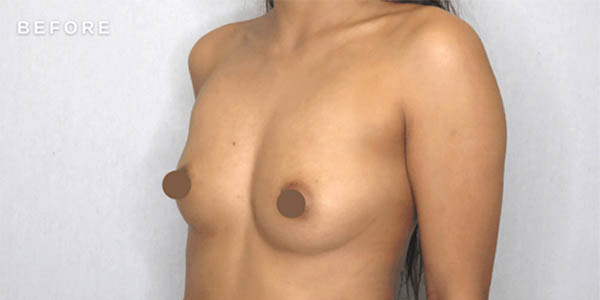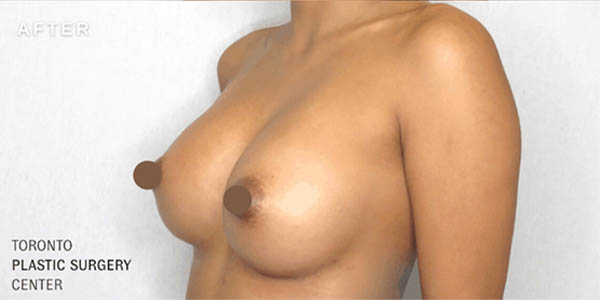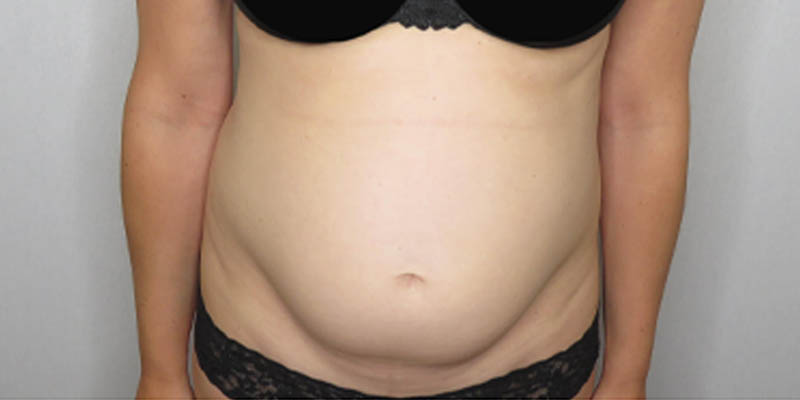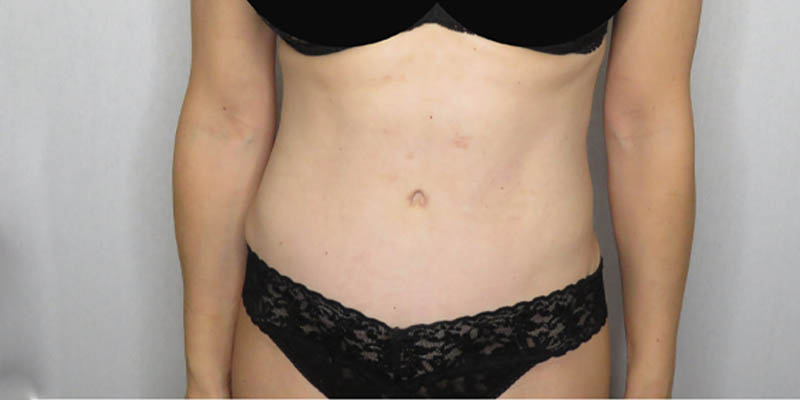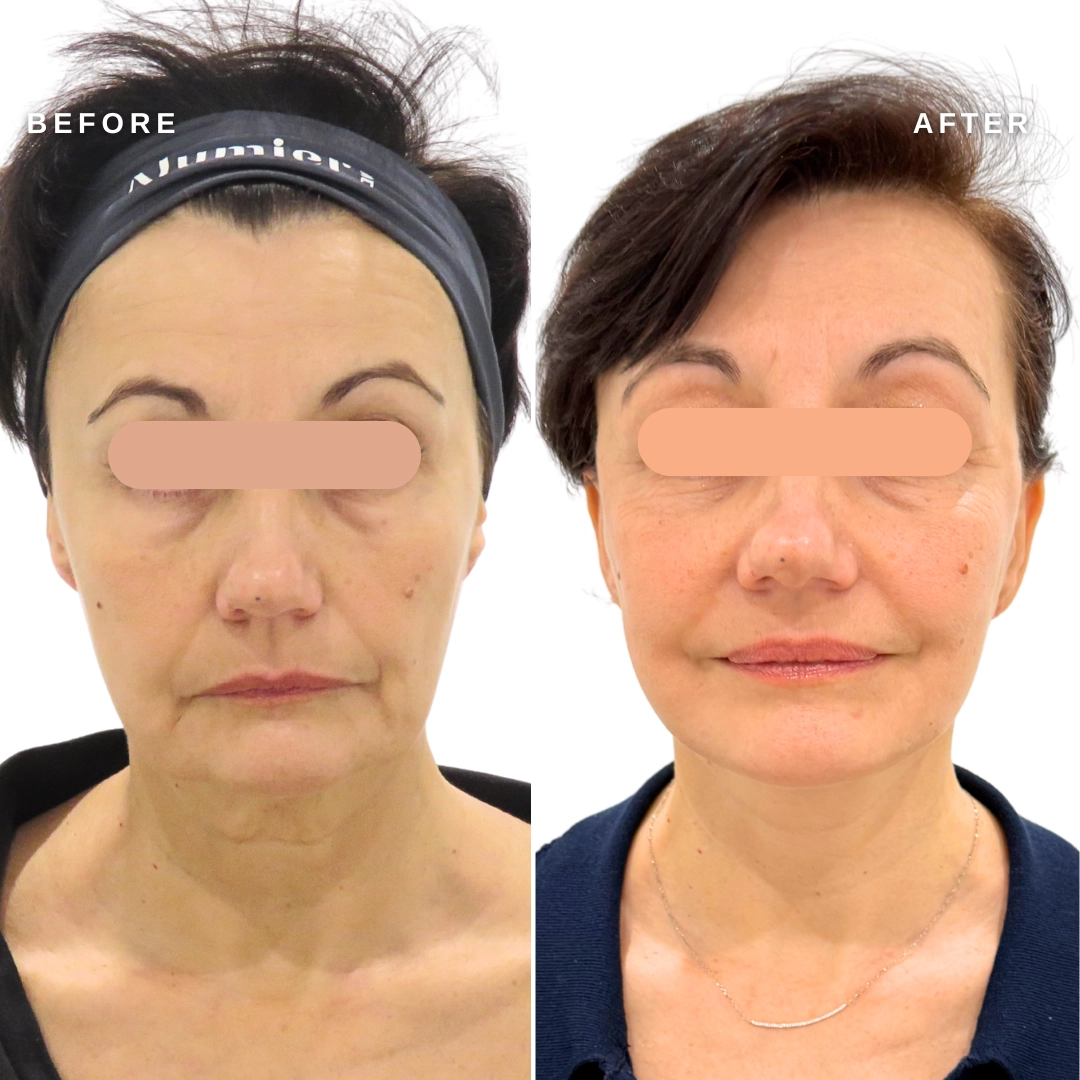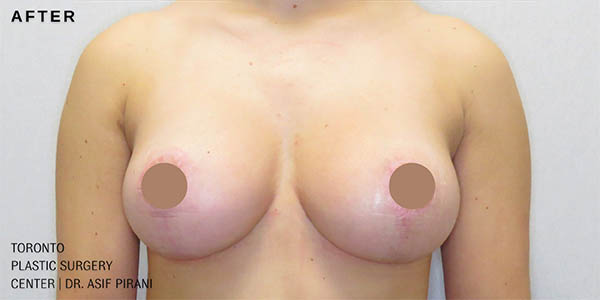- Body
- Breast
- Face
- Injectables
- BOTOX®, Dysport & Nuceiva
- Dermal Fillers
- Earlobe Filler
- Facial Slimming
- Gummy Smile Correction
- Hyaluronidase
- Hyperhidrosis
- Jawline Filler
- Lip Injections
- Non-Surgical Brow Lift
- Non-Surgical Double Chin Reduction
- Non-Surgical Facelift
- Non-Surgical Hand Rejuvenation
- Non-Surgical Nose Job
- Tear Trough Treatment
- Skin
- Male
- Gallery
- About
- Resources
- Contact
Protecting your skin from the sun is always important, but it is especially important to pay attention to following plastic surgery. Remember that you have just put your body through some changes and you would like your surgery to be as successful as possible. Here’s what you need to know.
Negative Effects of Sun Exposure

To begin with, let’s go over what the downsides are for sun exposure following plastic surgery.
- Swelling: While some swelling is normal following any type of surgery, post-surgery sun exposure will exacerbate the swelling. The heat from the sun will increase the amount of inflammation that you are experiencing. This is especially true the first week after surgery.
- Darkened Scars: Exposure to the sun can cause your incisions and the scars that will follow them, to darken. You want to minimize the appearance of your plastic surgery, naturally, so having scars that are more visible or noticeable are working against your progress.
- Blemishes: Lastly, depending on the type of procedure that you had done, early sun exposure can mean spotty or discoloured pigmentation. This can especially ruin the results from the plastic surgery and cause unnecessary complications.
- Deep Damage: Sun damage is one of the main causes of signs of aging, including deep lines, wrinkles, and age spots. The sun’s rays damage the cells of your skin, not just the outer layer of skin. When you have had plastic surgery, the cells within your skin are more vulnerable than they are normally. If you had a facelift, for example, going out in the sun immediately after a procedure will undo the work that you just had done. More vulnerable skin also can put you at a greater risk of developing skin cancer.
How to Avoid the Sun
Dr. Pirani has several suggestions on how you can avoid the sun if you have had plastic surgery.
- To start out, you need to avoid the sun altogether. Do not take walks in the sun or sit outside sunbathing.
- Should you need to go outside, make sure that you wear wide-brim hats that shade your face, shoulders, and chest. Hats that have an UPF rating are preferred because of their ability to block out more harmful rays.
- Wear appropriate sunscreen. Make sure you are using a sunscreen that has a high SPF in it. You want to put sunscreen around the incision area. Dot not put sunscreen directly on an incision until it has completely healed. This is to avoid infection. Apply sunscreen everywhere, regardless of whether your clothes will cover it or not. SPF rays can travel through most outfits as well. Make sure you put it on about a half an hour before you plan on going outside. Reapply every 2 hours or so for reliable coverage.
- Wear material that is thicker and avoid swimsuits that will easily expose your surgical site.
What To Do If You Are Exposed?
In the event that you are exposed to the sun during recovery and have not taken the listed precautions, the first thing that you should do is hydrate. Putting the extra waters into your body will not only help with the healing areas, but it should help the overall health of the surgical site. Otherwise, try not to get yourself exposed again.
Your skin is your first line of defence against the harmful rays of the sun. If your skin has been affected from a surgical procedure, then it is naturally more prone to damage than it would be been otherwise. If you are sunburnt or notice any adverse effects, call our office immediately.
